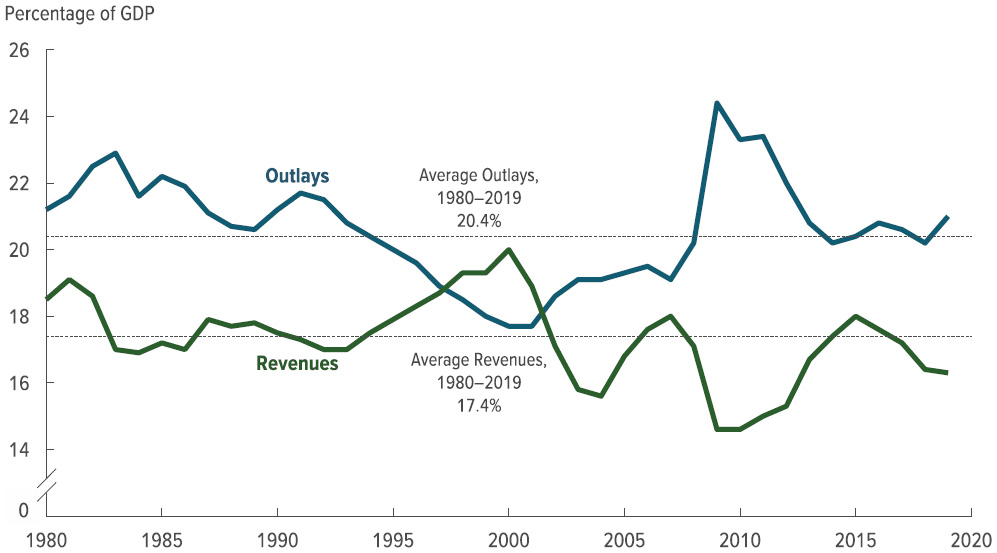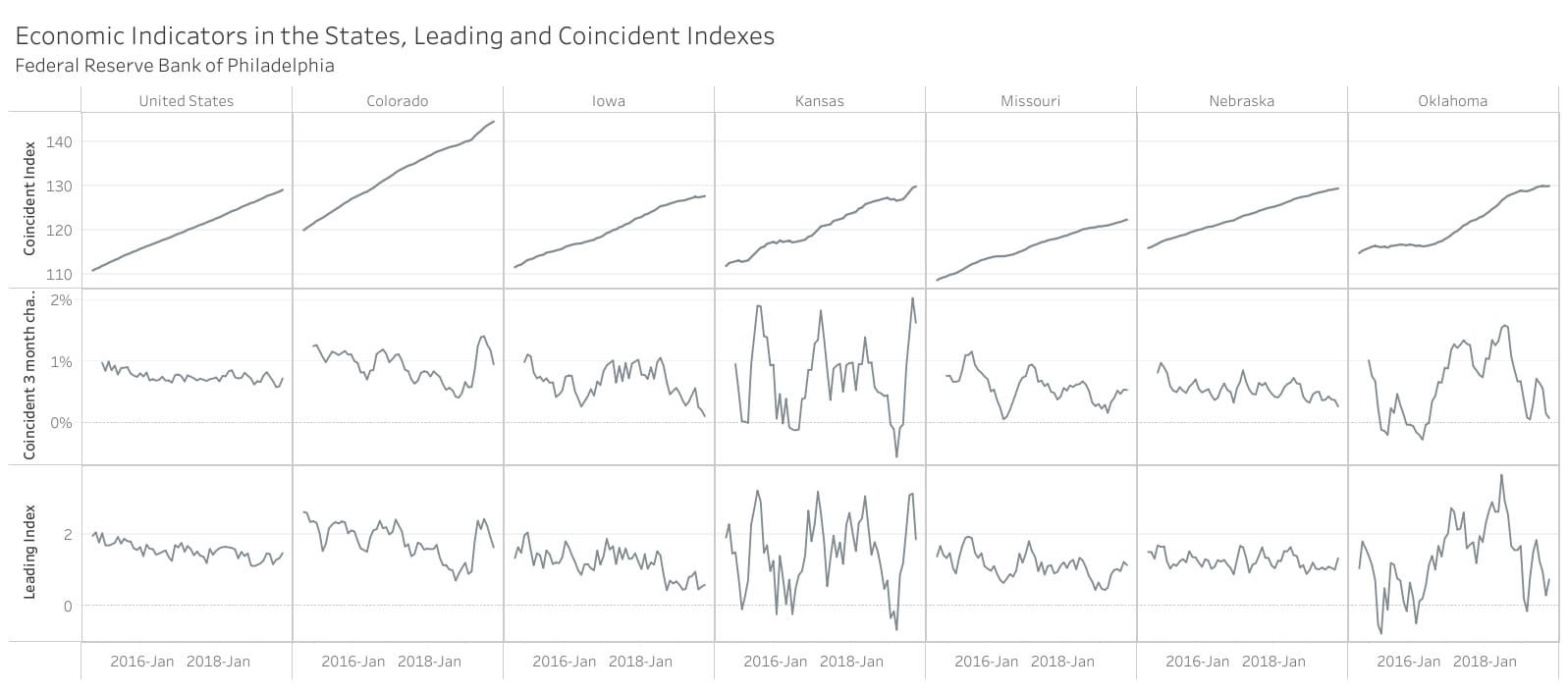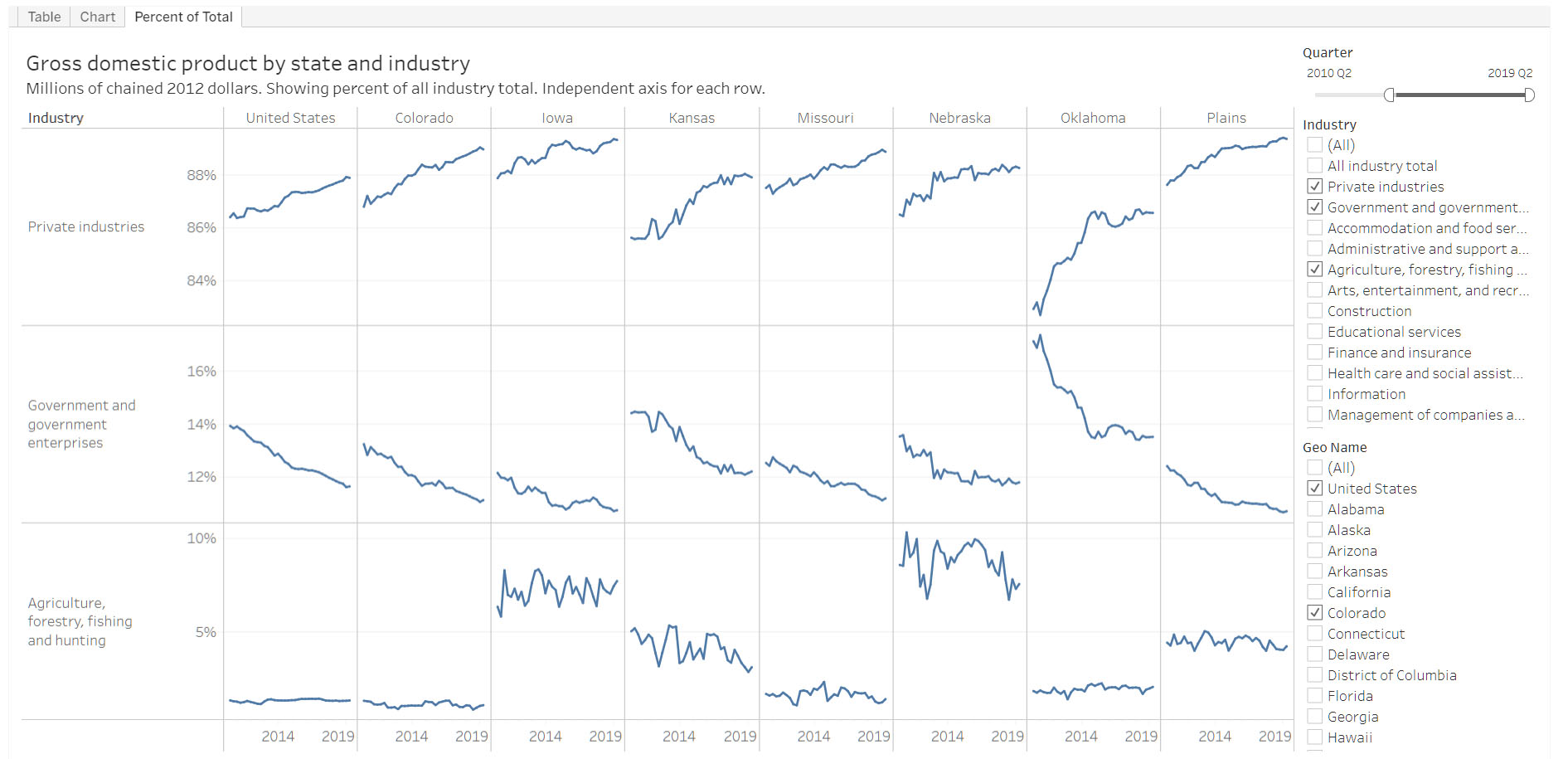Wichita Mayor Jeff Longwell says there is no corruption involving him, but this is only because of loose and sloppy Kansas and Wichita laws.
In an advertisement in the November 3, 2019 Wichita Eagle, Wichita Mayor Jeff Longwell defended himself against charges of corruption. Referring to a recent investigation by the Sedgwick County District Attorney, the ad states:
In 2018 and 2017, Bennett found I was 100% compliant. In 2016 he found only one instance where I was $21.33 over the annual $500 threshold allowed for “goods and services” received from local companies.
Here’s what the District Attorney found in his investigation:
Given the failure of Kansas Statutes Annotated 75-4301a to define “good or services,” the Mayor explained to an investigator with the Office of the District Attorney that he did not believe a round of golf constituted “goods or services.” He further explained that charitable golf outings where the entire expenditure went to charity (situations where the golf course donated their greens fees to the charity) led him to the conclusion that, because the charity received the entire donation, the golfers (including him) derived no financial benefit. As such, he did not believe it necessary to report these outings on his substantial interest form.
This reasoning by Longwell is hairsplitting to the extreme. What’s important is that Longwell accepted gifts from people he later steered a large city contract to. However large or small the gifts, this is wrong.
In his conclusion, the District Attorney wrote:
And while I am confident, having exhaustively researched the issue, that, as an act of entertainment, golf qualifies as “goods or services” under Kansas law, it is also true that Kansas Statutes Annotated 75-4301a, et seq., governing Substantial Interest Form filings, offers little guidance. I am not filing a class B misdemeanor under these facts.
It seems that sloppy Kansas laws are the problem, along with a mayor willing to exploit that weakness.
Does the city have any laws or regulations on this matter? Here’s an excerpt from the Wichita city code as passed in 2008 (full section below):
“[Council members] shall refrain from making decisions involving business associates, customers, clients, friends and competitors.”
We also have statutory language that reads “business associates, customers, clients, friends and competitors.” But the city attorney, in a question involving former mayor Carl Brewer, felt that these terms are not defined, and therefore the mayor and city council members need not be concerned about compliance with this law.
 Today, city hall ethics, at least in the mayor’s chair, have not improved. It’s reasonable to conclude that people who pay the mayor to play in expensive golf tournaments are his friends. People who pay for dinner for the mayor and his wife and describe it as a social gathering (as the district attorney found) are friends. Or, maybe they just want something from the mayor and see an ersatz social relationship as a means to an end. But as we’ve learned recently, the current city attorney says council members “are left to police themselves on that city law,” according to Wichita Eagle reporting.
Today, city hall ethics, at least in the mayor’s chair, have not improved. It’s reasonable to conclude that people who pay the mayor to play in expensive golf tournaments are his friends. People who pay for dinner for the mayor and his wife and describe it as a social gathering (as the district attorney found) are friends. Or, maybe they just want something from the mayor and see an ersatz social relationship as a means to an end. But as we’ve learned recently, the current city attorney says council members “are left to police themselves on that city law,” according to Wichita Eagle reporting.
Is it true, as the mayor’s ad screams in capital letters?
THERE IS NO CORRUPTION LIKE YOU’VE BEEN LED TO BELIEVE
There is none, but only because of sloppy Kansas and Wichita laws. But under any commonsense definition, yes, there is corruption. It is not necessary for an act to be illegal to be corrupt; that it is dishonest or fraudulent conduct is enough.
Should Longwell be re-elected, can we expect reform? I don’t think it’s likely that someone will support laws criminalizing their own past behavior.
Wichita city code
Sec. 2.04.050. — Code of ethics for council members.
Council members occupy positions of public trust. All business transactions of such elected officials dealing in any manner with public funds, either directly or indirectly, must be subject to the scrutiny of public opinion both as to the legality and to the propriety of such transactions. In addition to the matters of pecuniary interest, council members shall refrain from making use of special knowledge or information before it is made available to the general public; shall refrain from making decisions involving business associates, customers, clients, friends and competitors; shall refrain from repeated and continued violation of city council rules; shall refrain from appointing immediate family members, business associates, clients or employees to municipal boards and commissions; shall refrain from influencing the employment of municipal employees; shall refrain from requesting the fixing of traffic tickets and all other municipal code citations; shall refrain from seeking the employment of immediate family members in any municipal operation; shall refrain from using their influence as members of the governing body in attempts to secure contracts, zoning or other favorable municipal action for friends, customers, clients, immediate family members or business associates; and shall comply with all lawful actions, directives and orders of duly constituted municipal officials as such may be issued in the normal and lawful discharge of the duties of these municipal officials.
Council members shall conduct themselves so as to bring credit upon the city as a whole and so as to set an example of good ethical conduct for all citizens of the community. Council members shall bear in mind at all times their responsibility to the entire electorate, and shall refrain from actions benefiting special groups at the expense of the city as a whole and shall do everything in their power to ensure equal and impartial law enforcement throughout the city at large without respect to race, creed, color or the economic or the social position of individual citizens.
—
Notes














 Of note, GDP growth for Kansas in the first quarter of 2019 was revised from 3.1 percent to -1.1 percent, indicating a shrinking economy for that quarter. Revisions are common as more complete and more detailed data becomes available. For 2018, Kansas GDP was revised upwards by 0.8 percent to $168,318 in current (non-inflation adjusted) dollars.
Of note, GDP growth for Kansas in the first quarter of 2019 was revised from 3.1 percent to -1.1 percent, indicating a shrinking economy for that quarter. Revisions are common as more complete and more detailed data becomes available. For 2018, Kansas GDP was revised upwards by 0.8 percent to $168,318 in current (non-inflation adjusted) dollars.


